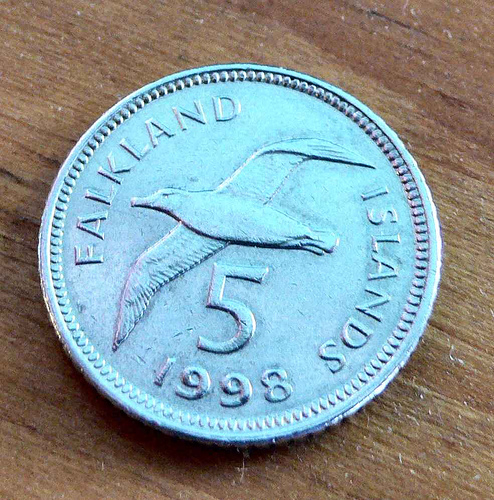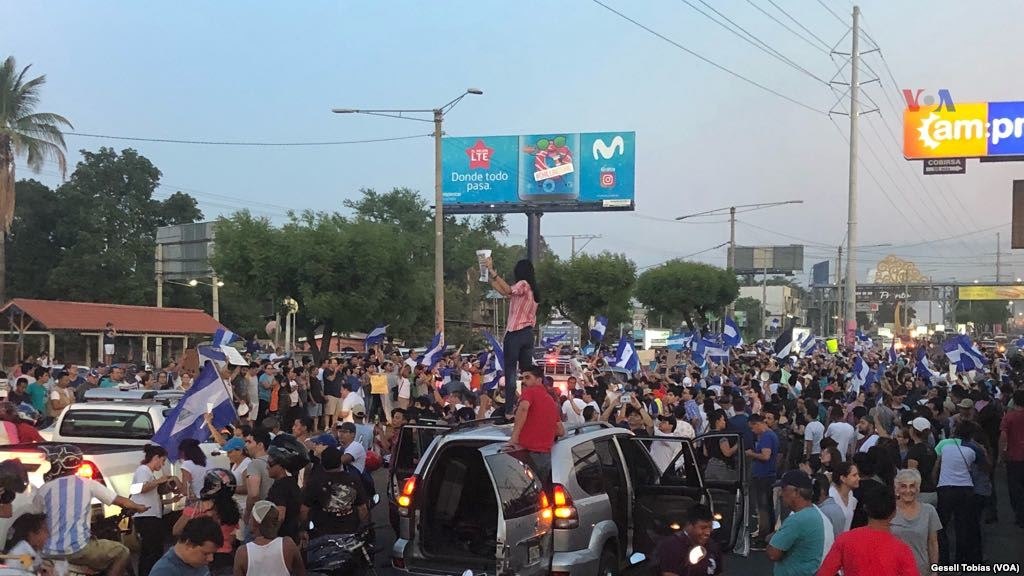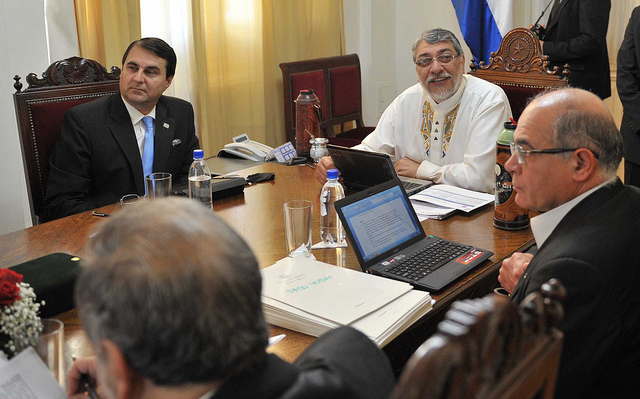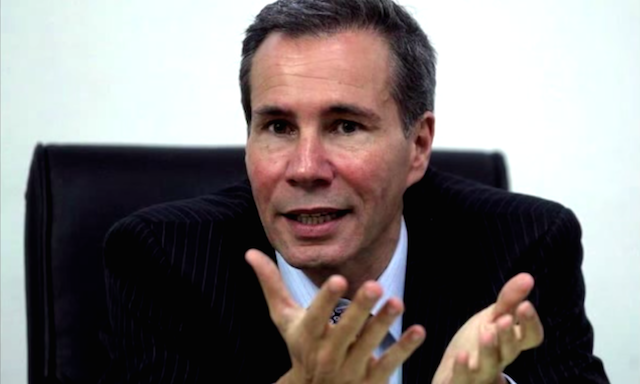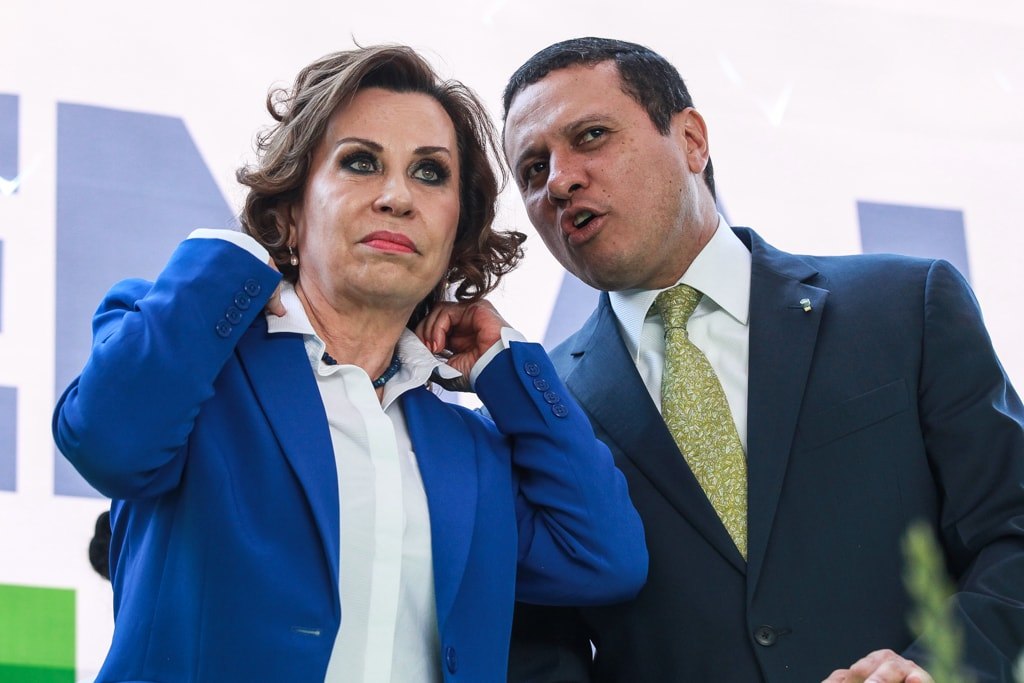
Latin America: Week in Review
Brazilian Construction Giant Odebrecht Files For Bankruptcy Protection
June 18, 2019 By Staff
TODAY IN LATIN AMERICA
BRAZIL: Construction conglomerate Odebrecht S.A. filed for bankruptcy protection yesterday in a São Paulo court. The group is seeking to restructure 51 billion reais ($13 billion) of its overall debt, which allegedly reaches up to 98.5 billion reais ($25.3 billion), a move that would become Latin America’s largest-ever in-court debt restructuring. The procedure would allow the construction giant to continue operating while granting a six-month period to settle with its creditors.
Founded in 1944 in the northern state of Bahía, Odebrecht, which employed 180,000 people five years ago, faces a string of financial difficulties since the uncovering of the high-profile corruption scheme known as Lava Jato (‘Operation Car Wash’). According to the U.S. Justice Department, between 2004 and 2014, Odebrecht allegedly paid around $788 million in bribes to governments in Perú, México, Brazil and nine other countries to receive state contracts.
Headlines from the western hemisphere
NORTH AMERICA
BORDER: A New York Times investigation has found that the youngest child separated from his parents at the U.S.-Mexico border was only four months old. Border authorities in Texas sent baby Constatine Mutu to a foster home in Michigan for five months after his father Vasile Mutu, a Romanian national, was allegedly forced to withdraw his request for political asylum given his criminal background and was deported back to his home country. The separation took place months before the Trump administration publicly launched its ‘zero tolerance’ policy. The Mutus, who identify ethnically as Roma, are back together and live a nomadic lifestyle in Europe, according to the Times.
MEXICO: A Mexican court handed a 55-year sentence to cartel boss Servando Gómez, known as ‘La Tuta.’ Prosecutors in Michoacán convicted Gómez, the current leader and one of the founders of the Knights Templar, for kidnapping a businessperson in 2011 near the city of Uruapan. Mexican security forces arrested Gómez in 2015 and placed him in preventive prison until yesterday’s conviction. ‘La Tuta’ was a teacher, then a farmer who subsequently worked at centers for young drug addicts and later became a narcotics dealer, according to federal authorities.
CARIBBEAN
CUBA: The captain of the Cuban national soccer team, competing in the regional Gold Cup in the United States, has reportedly defected after Sunday’s game against Mexico. Yasmani López, 31, “disappeared” after the 7-0 loss in Pasadena, California. However, the Cuban delegation has not commented on the midfielder’s possible desertion. Recently, on Nov. 2018, twelve Cuban youth players defected after an under-20 tournament held in Florida.
DOMINICAN REPUBLIC: Hotel authorities in Punta Cana found another American tourist dead in her room, bringing the count to eight deaths in the last year. Staten Island-native Leyla Cox reportedly died of a heart attack on June 10 at the Excellence Resort in the Dominican beach town a day after her birthday, her family said. The FBI is currently investigating the causes of these eight mysterious deaths.
CENTRAL AMERICA
REGION: The United States has decided to restore $432 million in aid to Guatemala, El Salvador, and Honduras, making the disbursement of a remaining $185 million conditional on the countries’ efforts to slow the surge of migrants. The State Department announced yesterday that if these countries do not take concrete measures to stem “illegal migration coming to the U.S. border,” funding would be permanently cut. The policy decision has its roots back in March of this year when President Donald Trump said that $615 million would no longer be sent to the Northern Triangle countries.
ANDES
ECUADOR: The United States has received permission from the Ecuadorian government to question Ola Bini, a Swedish programmer who is Julian Assange’s close associate. Jailed for over two months without charges against him, Bini will be interrogated on June 27 according to the Associated Press. Ecuadorian officials believe Bini, arrested at the Quito airport on April 11, collaborated with two Russian hackers in an attempt to release compromising documents about President Lenín Moreno.
VENEZUELA: A new poll suggests that President Nicolás Maduro, although highly unpopular, has benefited the most from this stalemate with the opposition in terms of public opinion. The survey published by Datincorp shows that 41% consider Maduro as the country’s “constitutional leader,” up from 34% in February. Conversely, 36% recognize opposition leader Juan Guaidó as Venezuela’s legitimate ruler, down from 49% in February. Moreover, the Maduro regime is widely rejected by a vast majority of the country, according to the Datincorp poll: 78.83% of surveyed Venezuelans evaluate his tenure as “negative.”
SOUTHERN CONE
PARAGUAY: A confrontation among inmates left at least nine dead in a Paraguayan jail located in the central department of San Pedro. According to Blas Martínez, director of Criminal Institutes of Paraguay, eight prisoners were also injured during yesterday’s clash. Reports have emerged saying that the riots occurred as rival gangs from Brazil and Paraguay, the Primer Comando Capital and the Clan Rotela, engaged in a massive brawl on Sunday night.
BRAZIL: Yesterday, The Vatican opened the debate about the abolishment of priest celibacy and the possibility to grant more leadership roles to women. The working document released yesterday suggests ordaining old married men in remote parts of the Amazon, where there is a registered shortage of clergy. Moreover, The Vatican mentioned that the committee convened for Oct. 6-27 should also identify “the type of ministry that can be conferred to women,” although falling short on specific roles.
